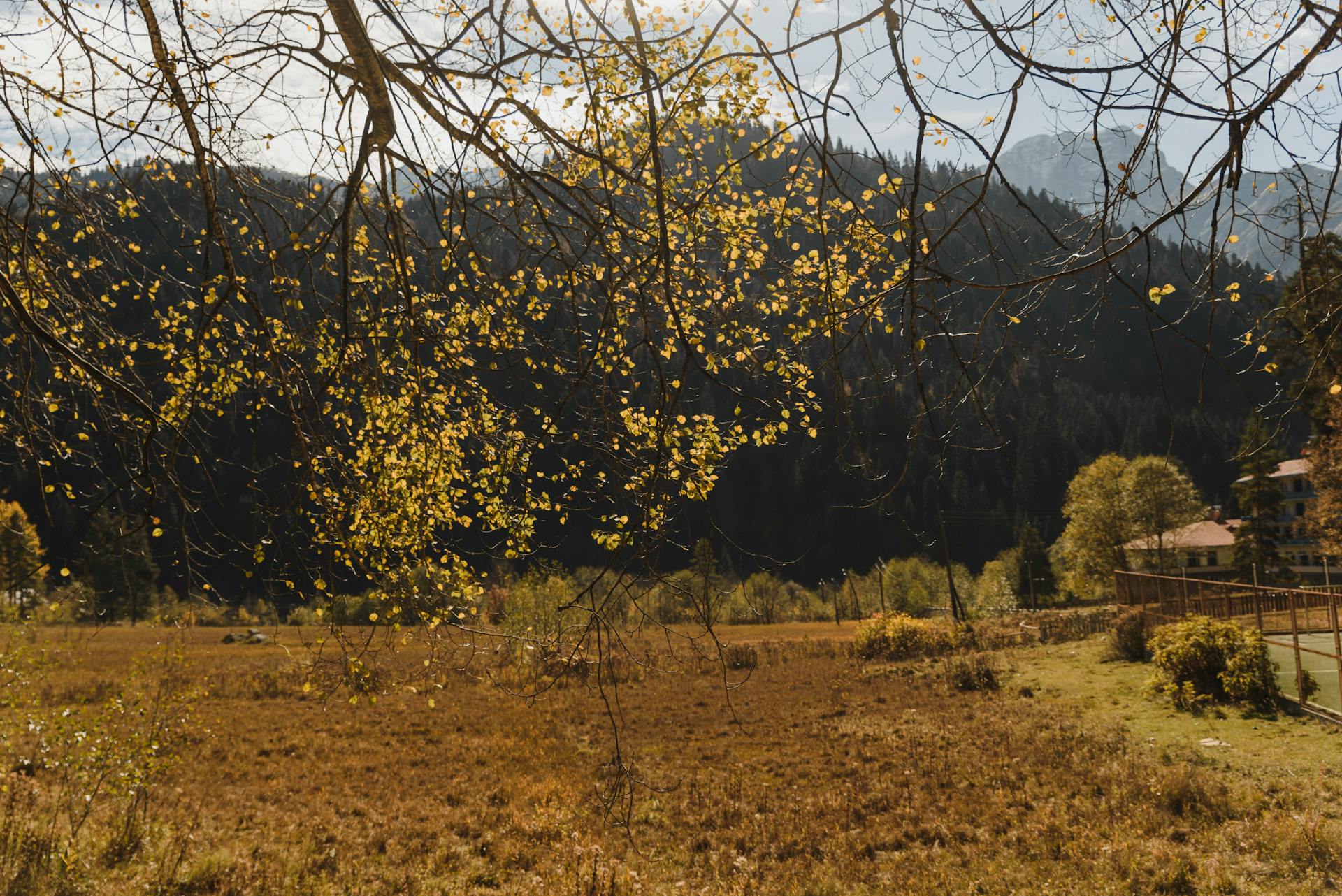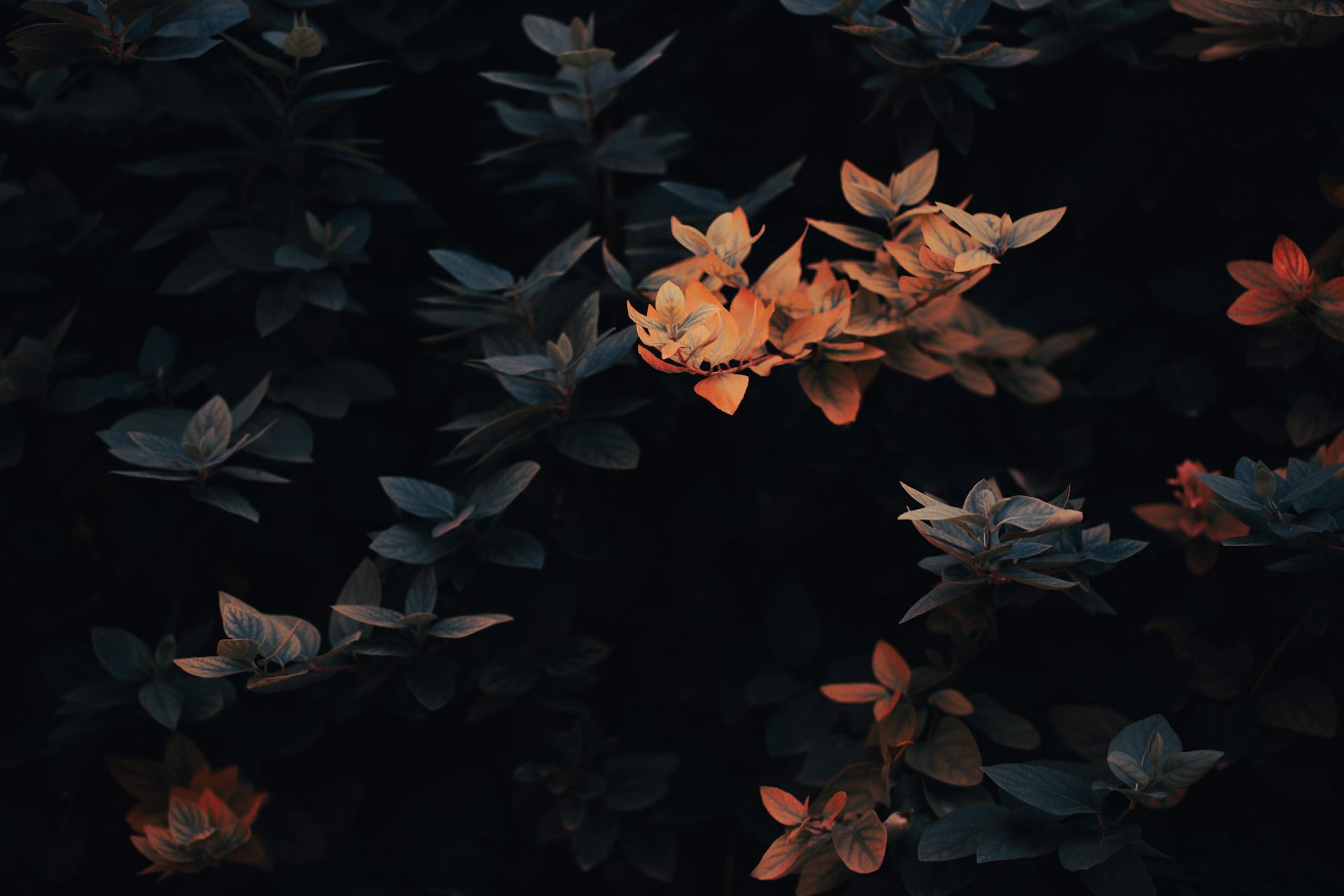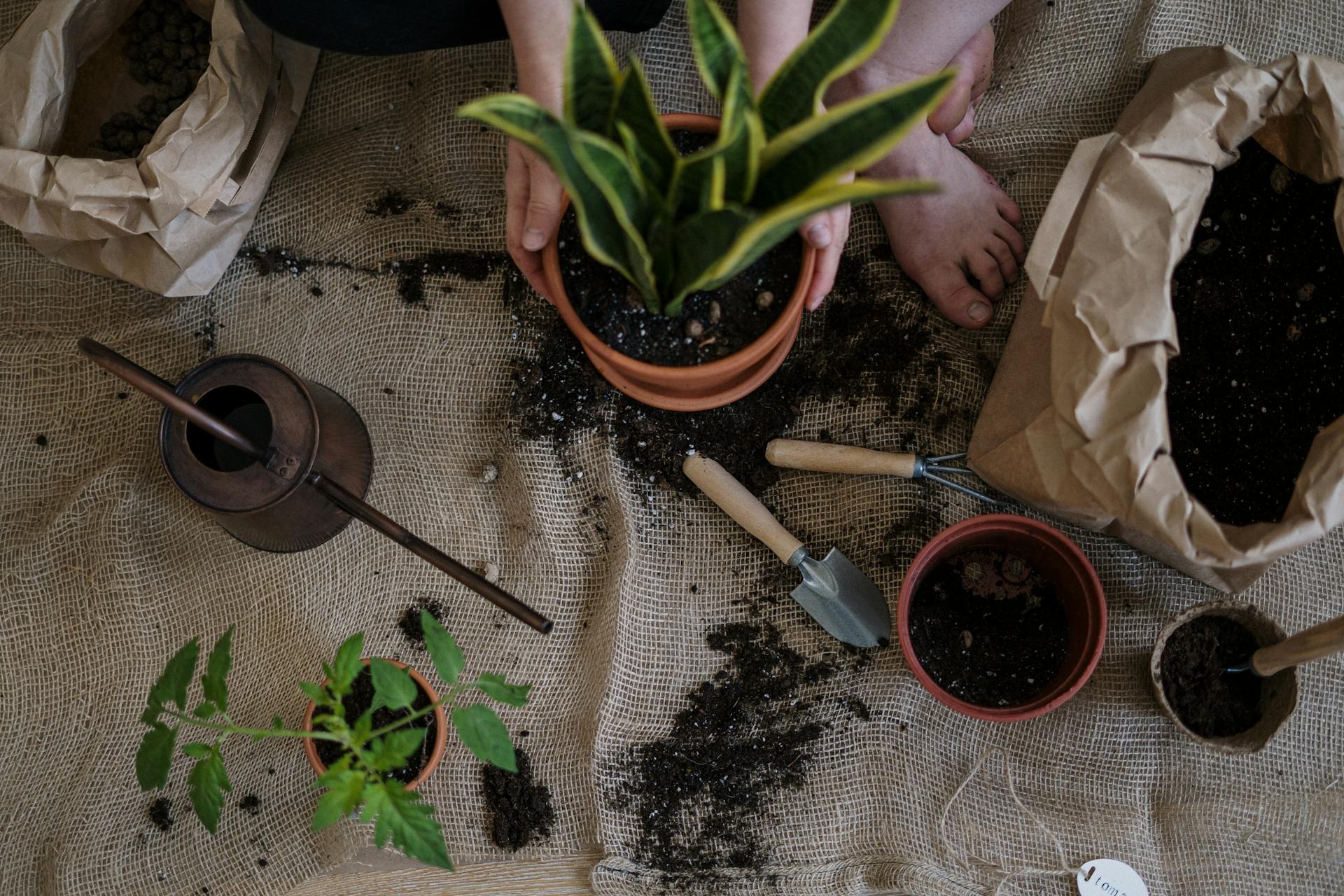
Have you ever noticed your houseplant leaves turning yellow? It can be frustrating to watch your beloved plants deteriorate, and you may wonder what you're doing wrong. But fear not - this issue is quite common among houseplants and can usually be remedied with a few simple tweaks to your care routine.
Yellow leaves on houseplants can indicate a variety of issues, from overwatering to nutrient deficiencies. Understanding the underlying cause of the problem is key to finding a solution and preventing further damage. In this article, we'll explore some of the most common reasons for yellowing leaves and offer tips for keeping your plants healthy and vibrant.
Yellow leaves are an early sign that a plant has a problem. Learn what your plant needs to stay green.

Experts handpick houseplants for their beauty and health benefits. However, even the most experienced plant owners can face issues with their green friends. One of the most common plant maladies is yellow leaves. If you notice your plant leaves turn yellow, it's usually a sign that something isn't right. Luckily, this is often a fixable problem.
In the world of yellow leaves, there are many reasons why your houseplant may be suffering. Overwatering, underwatering, lack of sunlight or too much direct sunlight are common culprits. Additionally, pests or diseases can cause yellowing of the leaves. It's important to identify what you're dealing with to solve the issue and help your houseplant thrive.
To keep your plants healthy and happy, it's essential to give them what they need. Make sure they have proper drainage and aren't sitting in water for long periods. Use high-quality potting soil and fertilize appropriately. Don't forget to research the specific needs of each plant species as different plants require different care. With a little love and attention, you can help your houseplants avoid yellow leaves and enjoy a long life full of green foliage!
Uncovering the Consequences of Diminished Illumination
If you are an indoor plant enthusiast, you may have noticed that your plants' leaves turn yellow. This is typically a sign that your plants are not getting enough sunlight. Lower leaves will often drop off first before any other symptoms show up. This is because the lower leaves are usually furthest from the light source and receive less light than those on the opposite side.
To combat this issue, you need to ensure that your plants are receiving enough natural light or artificial plant light. If you notice that your plants are struggling in their current location, then it may be time to move them to a sunnier location. Window light is often the best option for indoor plants as it provides a good balance of both natural and artificial light.
In case moving your plants isn't an option, then artificial plant lights can be used to supplement the natural light. These lights can be purchased at most gardening stores and should be positioned about 12 inches above your plants. With proper lighting, you can give your houseplants what they need to thrive and avoid the consequences of diminished illumination.
A different take: How to Plant Daffodil Bulbs
You’re Under-watering Your Plants
You may have noticed individual leaves turning yellow on your houseplants, and this is a classic sign that you're under-watering them. Plants need water to survive, and when they don't get enough, their leaves start to wilt and turn yellow. To prevent this from happening, make sure to water your plants gaumond regularly and check the soil moisture level before watering.
The Pot's Roots Are Out of Control: A Growing Problem
Are your houseplant leaves turning yellow? It might be a sign that the roots of your pot-bound plant are out of control. When the roots grow too big for their container, they can start to circle around the soil abbasciano, causing the plant to become root-bound. This can lead to a lack of nutrients and water uptake, which results in yellowing leaves.
One way to prevent root-bound plants is by ensuring that you don't overwater them. Roots wet for extended periods can cause standing water bacteria to develop in the soil, which can lead to root rot and other diseases. Make sure to let the soil dry out in-between watering and avoid leaving excess water in saucers or trays underneath your pots.
If your plant is already showing signs of being root-bound, it's important not to shock burn it by repotting it into a much larger pot. This can cause irreversible damage to the roots and may even kill the plant. Instead, gently loosen the roots from the soil and prune any circling ones before replanting in a slightly larger pot with fresh soil. By taking proper care of your house plants' roots, you can keep them healthy and thriving for years to come.
Why Your Plant's Leaves Are Turning Yellow as They Age

Yellow leaves are a common occurrence in houseplants. As the plant ages, its leaves start to turn yellow. While some people find yellow leaves visually unappealing, it's a good idea to let them be until they are completely dead. The yellow leaves are no longer supporting the plant and will eventually fall off on their own.
If you want to maintain healthy plants, cut back regularly research what your plant needs and provide it with the proper care. If you notice yellow pieces on the leaves, it could be due to pests or disease. In such cases, act quickly and identify the problem before it gets worse.
In conclusion, understanding why your plant's leaves turn yellow can help you maintain healthy plants. It's important to keep up with your DIY skills techniques and have the right tools equipment for your garage workshop power equipment tools supplies utility trailers home inspiration energy-saving storage organization house outdoors deck patio yard garden structures pest control stinging pests products technology innovation home security smart home magazine subscription shop DIY books buy project plans DIY university follow us for industry news pro tips gear apparel more items.
Here's an interesting read: Home Mulch Guide
Stop Drowning Your Plants: Signs You're Overwatering!
If you notice your houseplant leaves generally fading or developing a yellow gaumond, this may indicate that you are overwatering. Another sign is mold forming on the soil surface. To avoid this, wait until the top inch of soil feels dry before watering your plants and make sure to let them dry completely between watering cycles moving forward. Pay attention to these signs and adjust your watering habits accordingly, and your plants will thank you in the coming days!
Intriguing read: Mold on Houseplant Soil
Frequently Asked Questions
Why are my houseplants turning yellow and wilting?
Yellowing and wilting in houseplants can be caused by overwatering, underwatering, lack of sunlight, or pest infestations. It's important to identify the specific cause and adjust care accordingly to revive your plants.
Why are the leaves on my houseplant turning yellow?
Leaves on houseplants turn yellow due to overwatering, underwatering, poor drainage, lack of sunlight, or pest infestation.
What does it mean when a plant leaves turn yellow?
Yellow leaves on a plant can indicate a variety of problems including nutrient deficiencies, pests, overwatering or underwatering, or disease. Proper diagnosis and treatment is important to restore the health of the plant.
Why is my houseplant losing leaves?
Your houseplant may be losing leaves due to over or under watering, lack of sunlight, pest infestation, or environmental factors like temperature changes. Proper identification of the issue can help you address the problem and save your plant.
What causes house plant leaves to turn yellow?
House plant leaves turn yellow due to a variety of reasons including overwatering, underwatering, lack of nutrients, pests or diseases. It's important to identify the underlying cause and take appropriate measures to restore the health of your plants.
Featured Images: pexels.com


